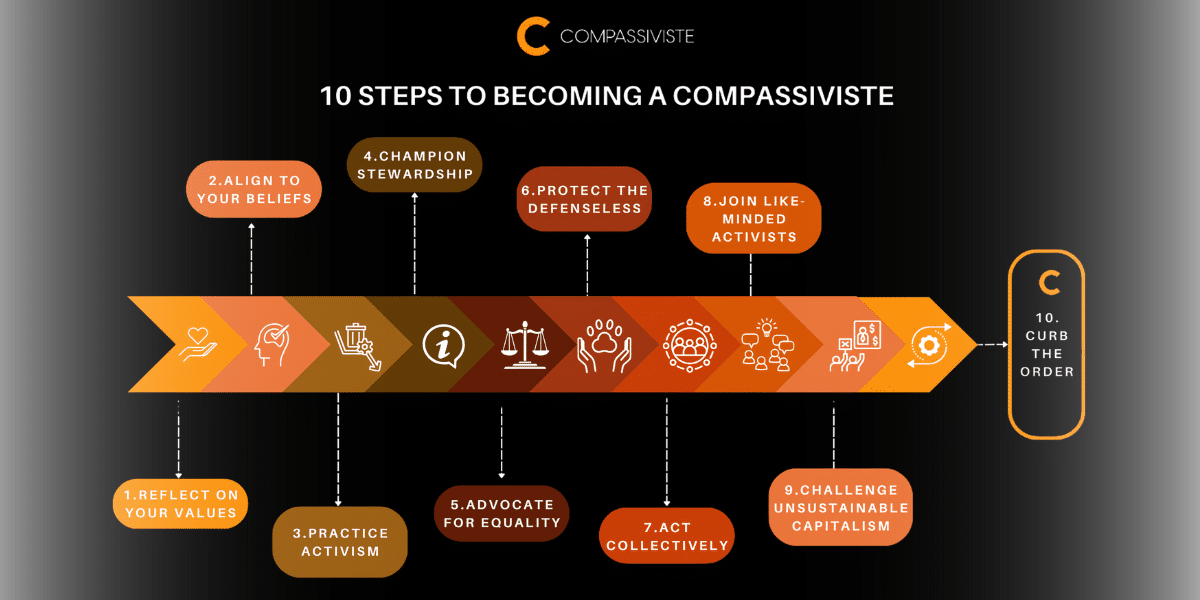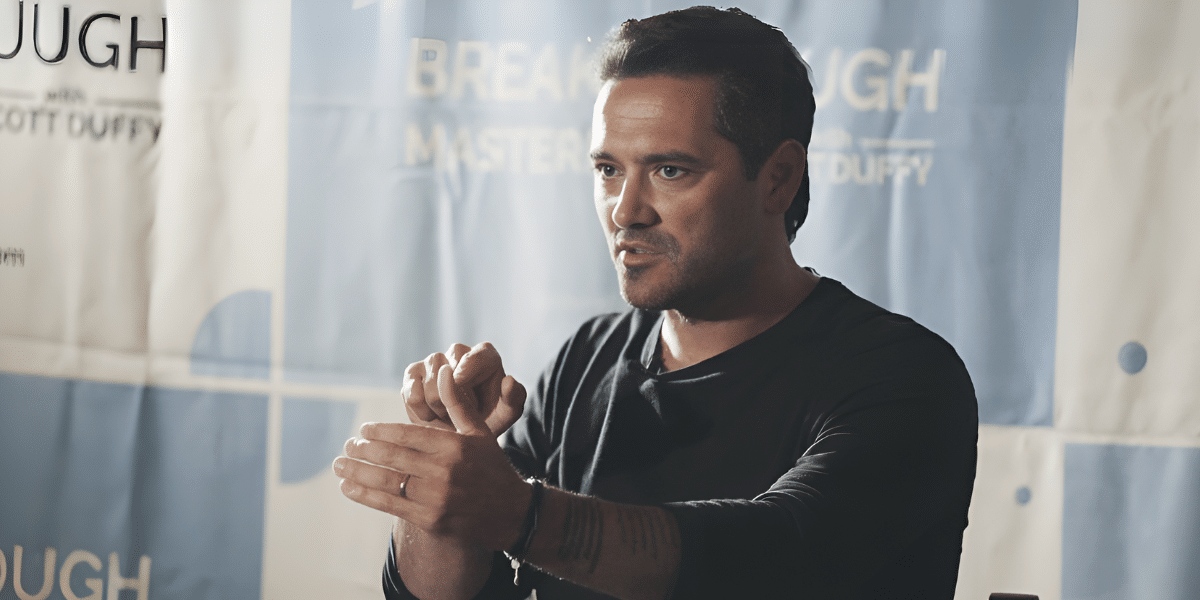By: Michael Beas – Atlas Elite Publishing
In a fascinating discussion with the book’s author, J. Denison Reed, we delve into the fascinating world of the Clifford’s War series. Come along as Reed shares the creative process, inspirations, and behind-the-scenes details that went into turning Clifford Dee’s compelling story into a thrilling masterpiece. In addition to providing insightful analysis of the field of crime fiction, Reed discusses the mechanics of storytelling, guiding readers through the intricacies of characters and creating gripping action scenes.
Can you share a bit about your journey from being a Network Engineer in the Army to becoming a published author?
I always loved writing. I wrote short stories in high school and even wrote, acted in, and directed a short movie about the dangers of drinking and driving for an English project. After high school, I didn’t have many options. My grandfather did a stint in the Army when he was a young man, and my brother-in-law did as well. This, in a roundabout way, was my deciding factor in finding a career in the military.
After joining the Army, I was injured in Korea. As a result, my military career became more technical, and I learned as much as I could about Information Technology. After eight years, I decided to leave the military and continue my career as an independent contractor in Network Engineering. With writing and storytelling on my mind, I still wrote fun stories and poems on occasion, with the desire to write a book, despite the difficulty in finding time for it.
Around 2015, I was sent out to work on some computer systems at a remote facility when I spotted a very interesting church. I stopped and took a few photos of the church and continued to the job site. After a few weeks, I retrieved my camera to take some family photos when I came across the pictures of the church. I had a sudden thought of someone trapped inside when I was taking the photos and that became the initial idea for the first Clifford’s War novel (The Bluegrass Battleground).
My writing habits were not great, writing very sparingly. It wasn’t until the COVID-19 quarantine of 2020 that I started writing regularly. I was working from home with long periods in between needing to do anything, so I spent a lot of time working on the novel.
I had published an unedited and raw anthology of my high school poetry on Amazon, but I wanted the novel to have a more professional look and feel. I was completely lost on how to find literary agents, publishers, etc, so I decided to self-publish with the help of an independent publishing group, called Palmetto. I was able to have the book published in 2021 and I continued writing the sequel, Clifford’s War: Without End.
After publishing the sequel, I decided to take a short hiatus from writing to promote both books. However, the desire to write still calls to me, and I am currently working on a prequel and a third continuation of the series. The prequel should be completed and ready later this year, and I hope to have the third installment in late 2025.
How did your childhood passion for creating short stories and poems influence your decision to pursue writing as a career?
I always had a passion for writing. I love reading and writing poetry and short stories. Not having many career options growing up, I joined the military, but still wrote stories as much as I could.
A lot of my ideas for short stories are now ideas for potential novels or side plots in projects I am working on.
What inspired the creation of your books, ‘Clifford’s War: Without End’ and ‘Clifford’s War: The Bluegrass Battleground’?
I find inspiration in many places: books, movies, shows, and even music. When I found the photos of the church I took, I became flooded with thoughts of someone trapped inside. This sparked an idea for a horror novel. After starting my writing process, I tended to write more of an action or crime genre than horror, and the novel started taking a different shape. Going back to do rewrites, I changed the dynamic completely to solidify it as that type of thriller with bits of comedy to break up intense scenes.
Can you provide a brief synopsis of each book for readers who may not be familiar with them? What themes or messages do you hope readers take away from your novels?
Clifford’s War: The Bluegrass Battleground is a novel about a medically discharged army veteran named Clifford Dee, who started a private investigator practice in Kentucky. After taking work from a crime syndicate, he was promoted from investigator to hitman without the option to refuse. After completing his first hit, the family decided they owned him and his services. Dee, wanting no part of the family, had to go to war with the mafia to escape their employment.
Clifford’s War: Without End is a continuation of the first but can also be read as a stand-alone, with only a few ties back to the first story. Clifford Dee moved his team to Northern Virginia to work for his former Army commander in Washington, DC. After teammates of Dee witnessed the murder of a sitting US senator, his team was brought on by the FBI to help investigate. During the investigation of a seemingly unrelated copyright case, his team discovers connections to the murder and a government department that has his team targeted by the same killers who assassinated the senator.
How does your background in the Army inform your writing, particularly regarding military themes in your books?
I feel that my experience in everything helps with my writing. It’s been said to “write what you know” and I tend to stick by that. With writing comes research, at times. If there is something you do not know, try your best to find out a little about it, or your writing will come across as ignorant and foolish. There have been plenty of times, in shows, films, and writings, where you see military rankings used incorrectly, or someone mistakenly has a private or specialist giving orders to others or a sergeant dictating to an officer. Anyone who spent a day in the military would be annoyed by that type of egregious mistake.
Download J. Denison Reed’s Bestselling Series today!
Published By: Aize Perez












